What is a Digital Product
Passport (DPP)?
Digital Product Passports (DPPs) are set to transform every industry. But, a lot of misinformation is surrounding the new regulations for DPPs.
Below, we provide clarity about product passports, by outlining everything you need to know – from the benefits of DPPs through to how to prepare for the new legislation and the key dates for your diary.
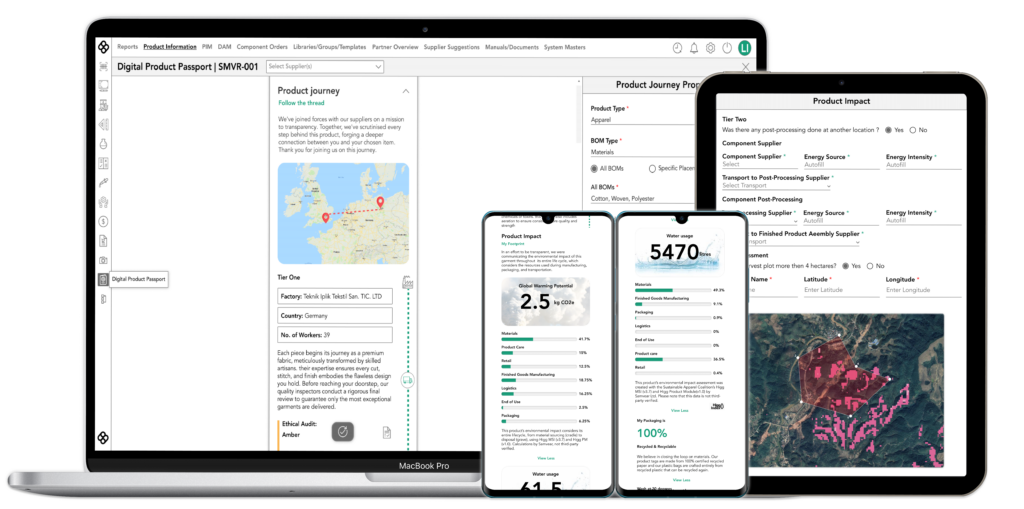
Everything you need to know about Digital Product Passports (DPP)
Think of a Digital Product Passport like a digital ID card for a product.
DPPs are designed to unlock essential information about a product’s lifecycle – everything from the materials used to make it through to its end of life, disposal, recycling or reuse.
There’s currently a global shift in how we interact with products and a real drive for greater transparency, traceability and sustainability. The DPP plays a huge part in this story, as we transition to a circular economy that focuses on reusing, repairing and recycling materials instead of wasting them.
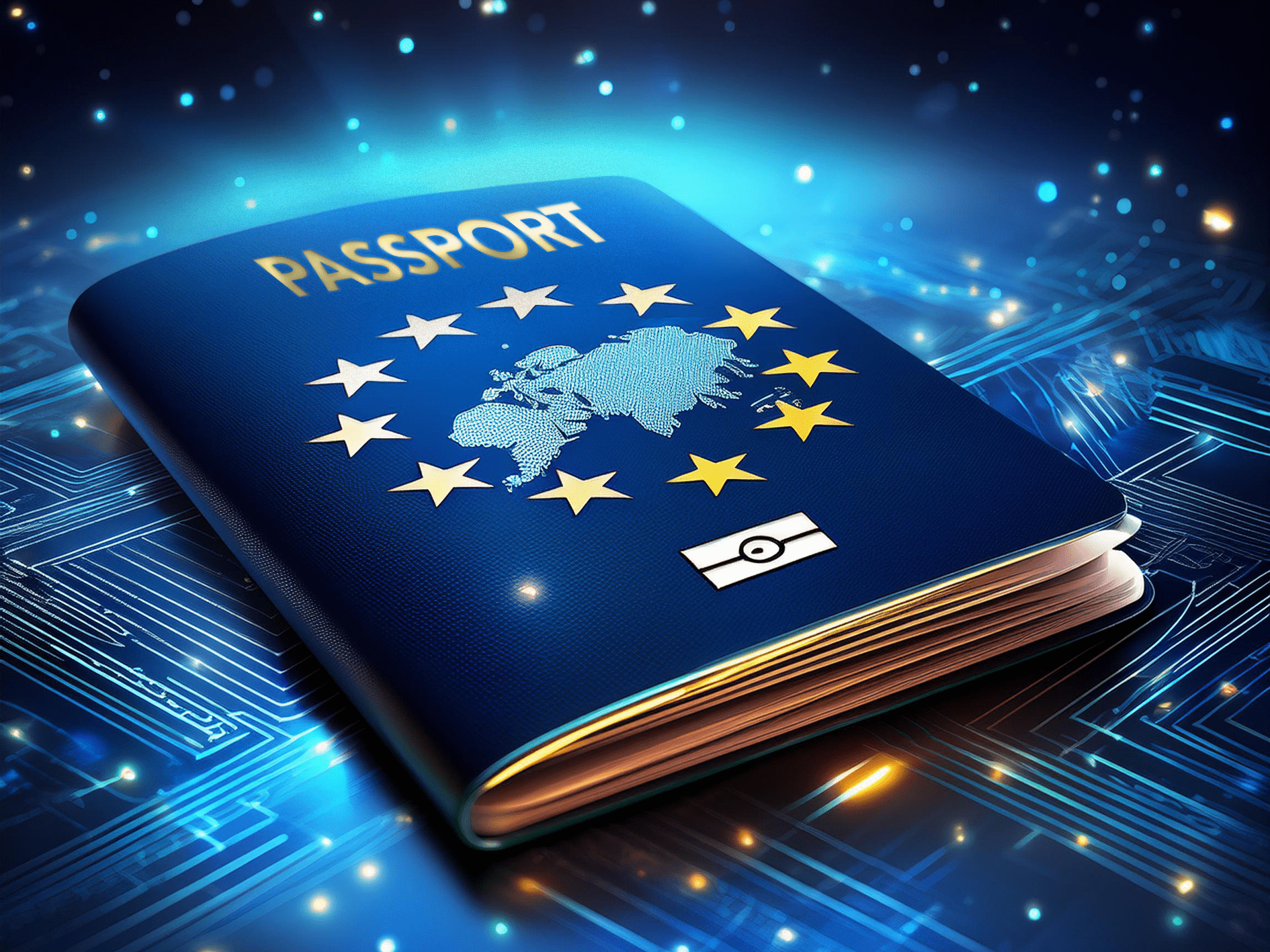
EU Digital Product Passports
DPPs are an integral part of the European Union’s Circular Economy Action Plan, which strives to track and manage the environmental and social impact of all products sold in the EU. Specifically, the Eco-design for Sustainable Products Regulation (ESPR) aims to embed DPPs into the design process, ensuring that sustainability is considered from the very beginning of a product’s life.
Global Digital Product Passports
The move to DPPs isn’t limited to European brands – any business selling products within the EU must adhere to the new legislation. What’s more, the concept of product passports is gaining traction globally, with international standards like ISO guidelines creating a unified framework for product data, environmental impact, and traceability.
It’s only a matter of time before the rest of the world follows the footsteps of the EU.

Benefits of Digital Product Passports
Digital Product Passports bring some exciting benefits for people, planet and products
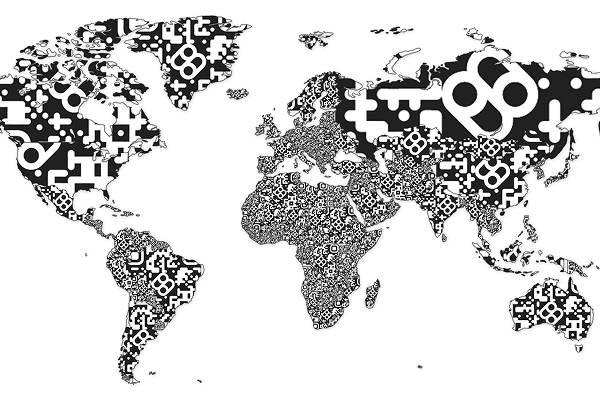
Transparency and traceability
With a DPP, everyone has access to clear, verifiable information about a product’s journey through the supply chain. Consumers, manufacturers and regulators can trace how a product was created, what it’s made from and if the materials and processes meet sustainability standards.

The path to a circular economy
Product passports have the power to advance our way towards a circular economy. By tracking and sharing essential product data with consumers, DPPs could be key to developing a global culture of repairing, reusing and recycling resources instead of throwing them away.

Sustainability, sorted
DPPs help brands and consumers make more conscious choices because they provide clear data on a product’s environmental impact. So, whatever your sustainability goals, whether it’s reducing carbon emissions, cutting down on waste or ensuring ethical production, DPPs have a crucial role.
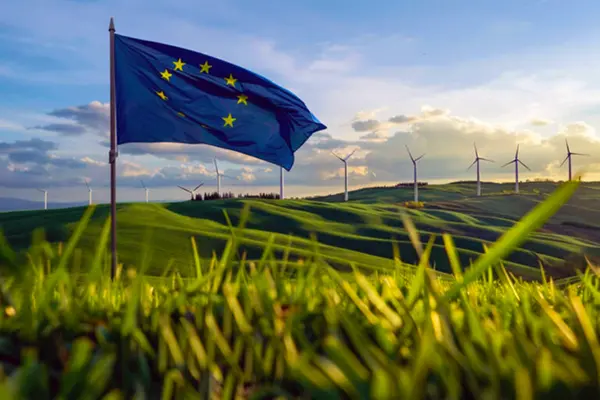
Stay ahead of compliance
As mentioned above, governments are ramping up their focus on sustainability. DPPs offer a way for businesses to stay ahead of the changing regulations. For example, under the European Green Deal, DPPs will help track product data, ensuring compliance with environmental laws and contributing to the EU’s broader sustainability goals.

Customer confidence
It’s no secret that more and more customers are making smarter purchasing decisions. DPPs offer a clever way to engage and build trust with consumers, giving people the power to scan a label and instantly know how to care for, repair or recycle their new product.

Transparency and traceability
With a DPP, everyone has access to clear, verifiable information about a product’s journey through the supply chain. Consumers, manufacturers and regulators can trace how a product was created, what it’s made from and if the materials and processes meet sustainability standards.

The path to a circular economy
Product passports have the power to advance our way towards a circular economy. By tracking and sharing essential product data with consumers, DPPs could be key to developing a global culture of repairing, reusing and recycling resources instead of throwing them away.

Sustainability, sorted
DPPs help brands and consumers make more conscious choices because they provide clear data on a product’s environmental impact. So, whatever your sustainability goals, whether it’s reducing carbon emissions, cutting down on waste or ensuring ethical production, DPPs have a crucial role.

Stay ahead of compliance
As mentioned above, governments are ramping up their focus on sustainability. DPPs offer a way for businesses to stay ahead of the changing regulations. For example, under the European Green Deal, DPPs will help track product data, ensuring compliance with environmental laws and contributing to the EU’s broader sustainability goals.

Customer confidence
It’s no secret that more and more customers are making smarter purchasing decisions. DPPs offer a clever way to engage and build trust with consumers, giving people the power to scan a label and instantly know how to care for, repair or recycle their new product.

DPP for Toy Industry
The DPP for toys sold within the EU aligns closely with the mandatory DPP for textiles in 2027 and aims to reduce the number of non-compliant and unsafe toys (EPRS, 2023).

DPP for Fashion Industry
By 2027, all fashion and apparel sold within the EU must possess a DPP that includes mandatory product information and environmental impact details (EPRS, 2024).

DPP for Batteries
Starting in 2027, batteries will one of the be the first product groups required by law to have a DPP through the EU Batteries Regulation (European Parliament and Council, 2023).

DPP for Textile Industry
It’s mandatory for all textile products sold within the EU to have a DPP by 2027. This passport must include product information and environmental impact details (EPRS, 2024).

DPP for Toy Industry
The DPP for toys sold within the EU aligns closely with the mandatory DPP for textiles in 2027 and aims to reduce the number of non-compliant and unsafe toys (EPRS, 2023).

DPP for Fashion Industry
By 2027, all fashion and apparel sold within the EU must possess a DPP that includes mandatory product information and environmental impact details (EPRS, 2024).

DPP for Batteries
Starting in 2027, batteries will one of the be the first product groups required by law to have a DPP through the EU Batteries Regulation (European Parliament and Council, 2023).

DPP for Textile Industry
It’s mandatory for all textile products sold within the EU to have a DPP by 2027. This passport must include product information and environmental impact details (EPRS, 2024).
Digital Product Passport Requirements

Product Data
- Material consumption
- Production processes and origin
- Maintenance and repair guides
Manufacturing Data
- Manufacturing
- Distribution
- Usage
- End of life data
- Circularity features (reuse, refurbish, recycle)
Sustainability Data
- Environmental impact
- Carbon footprint
- Water usage
- Recyclability and end-of-life disposal options
Other Data
- Blockchain/verification technology
- Certifications and Standards
Key Dates for DPP
While 2027 might feel like it’s miles away, starting your DPP journey now ensures you’re not just ticking compliance boxes but staying ahead of the curve – and avoiding a last-minute scramble that could cost far more than time.
2027
All textiles, toys and batteries sold within the EU must possess a DPP with mandatory product information and environmental impact details
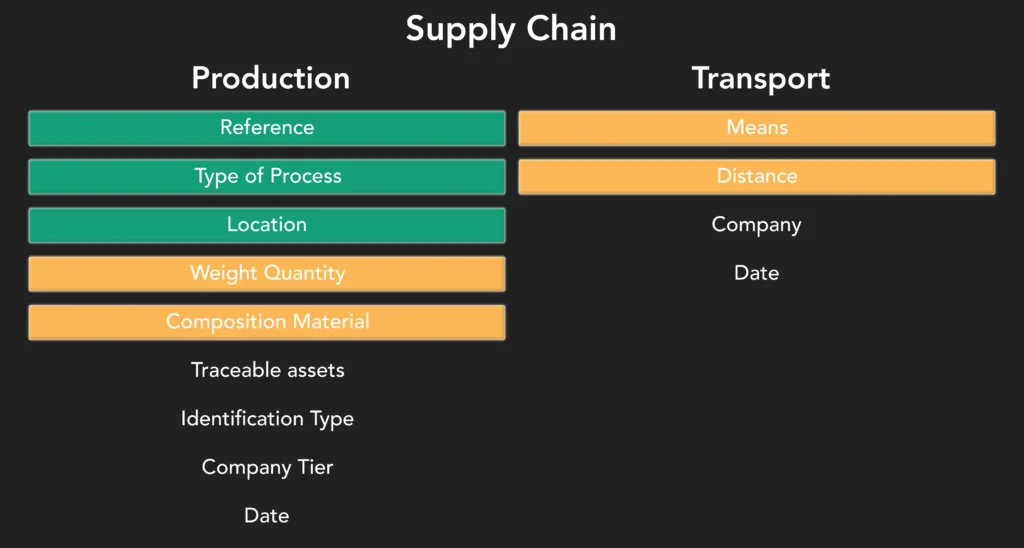
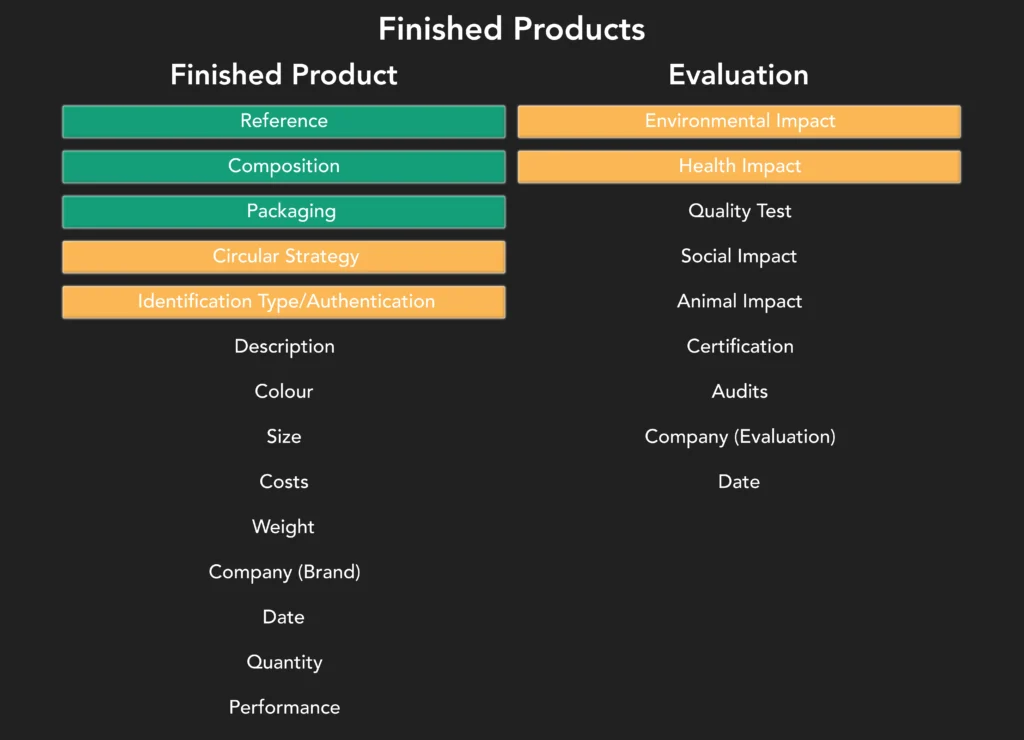

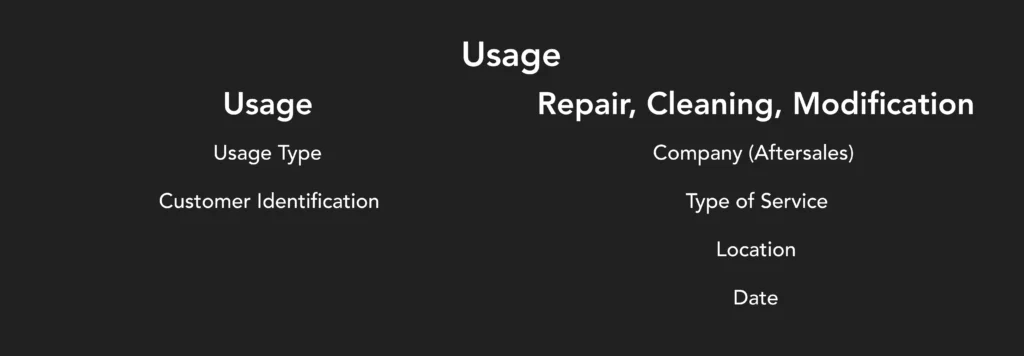
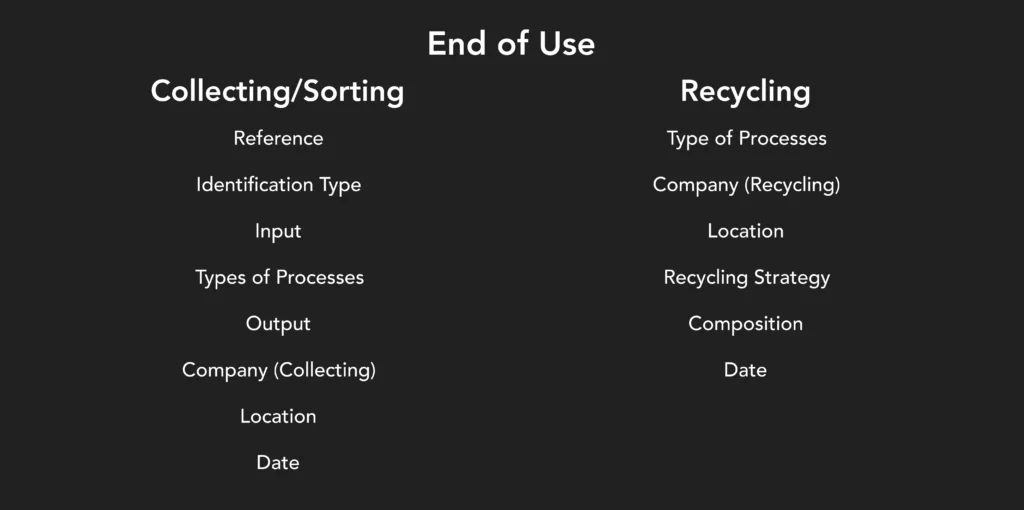
2030
An advanced DPP is required, which will progressively extend to include comprehensive information collected along your products’ lifecycles.
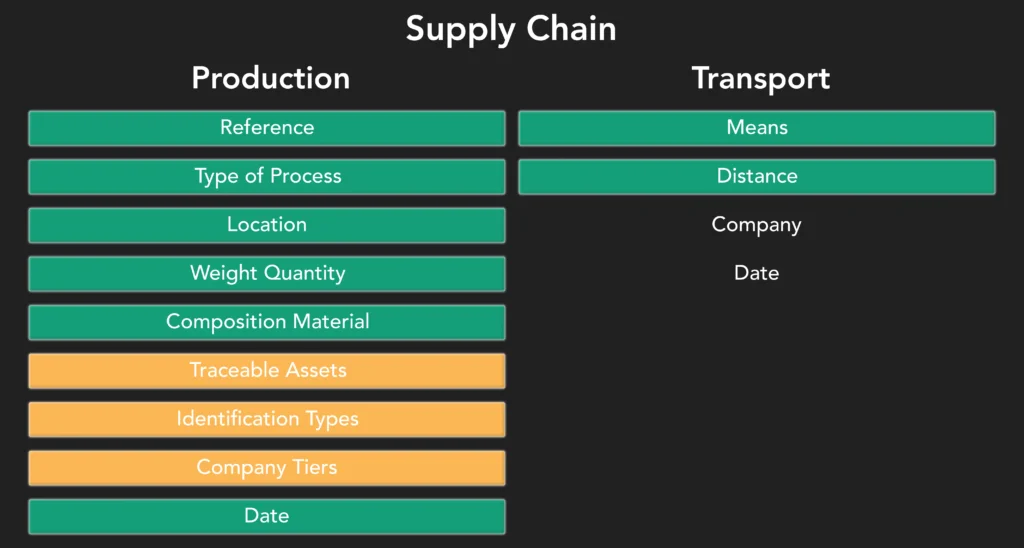
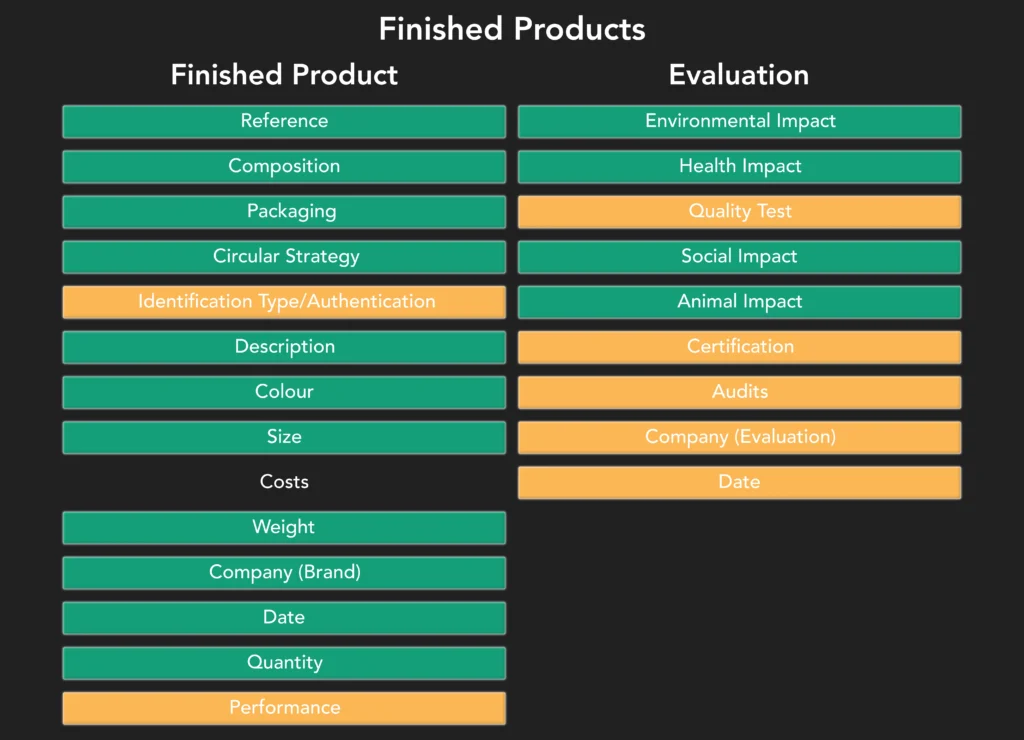

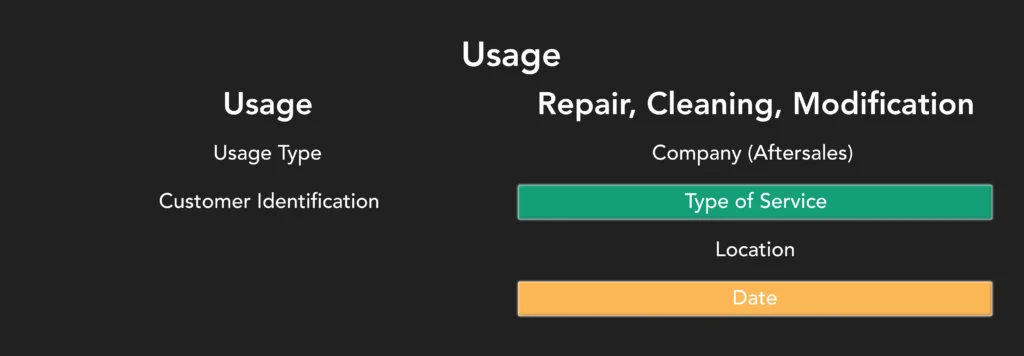
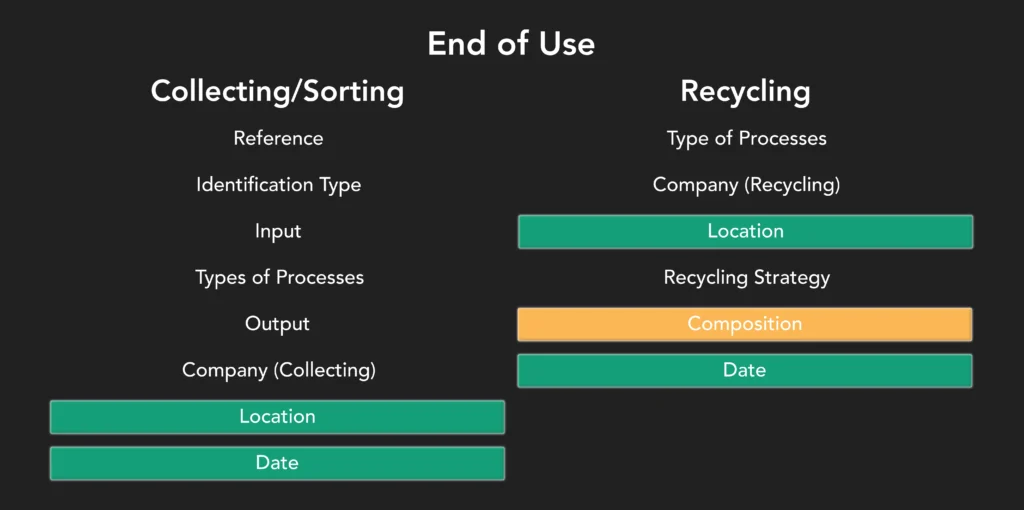
2033
A full circular DPP, including all product lifecycle data, is essential for products sold within the EU
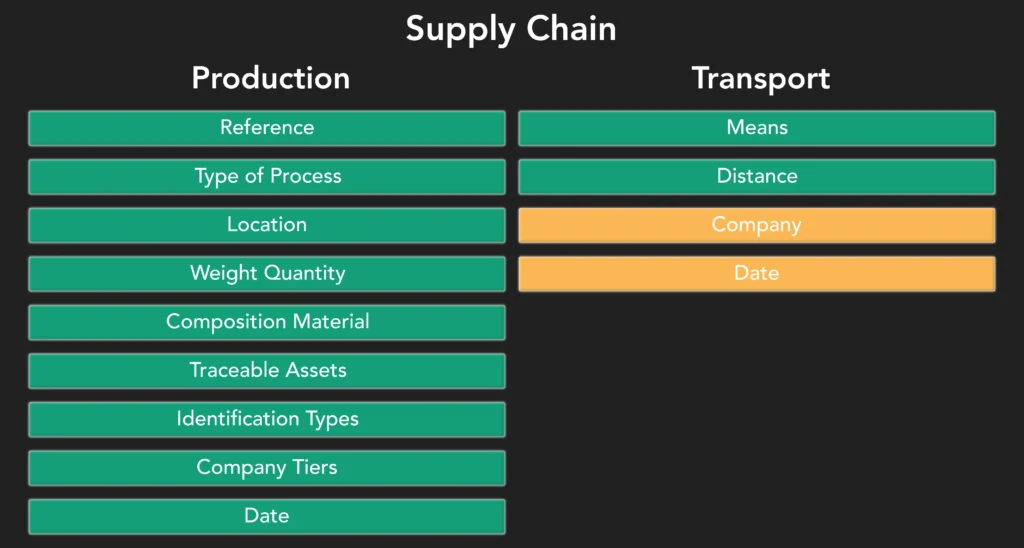
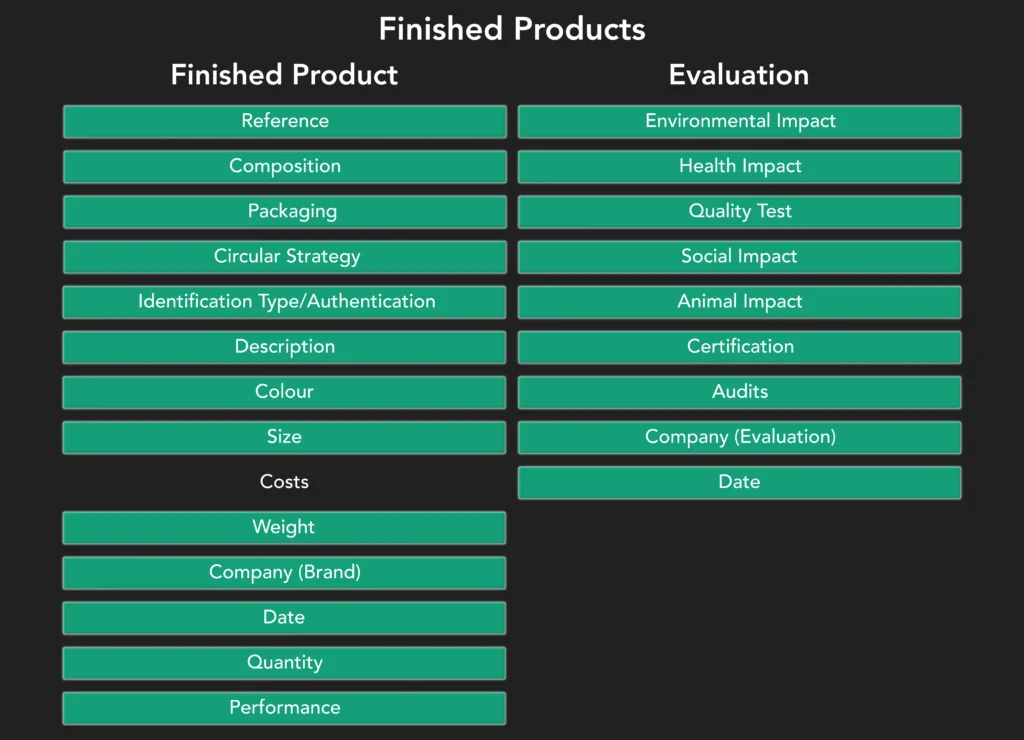
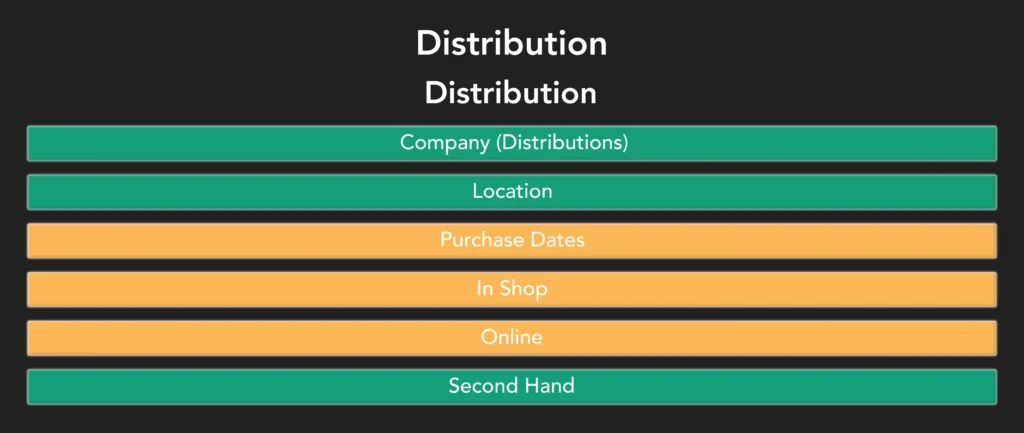
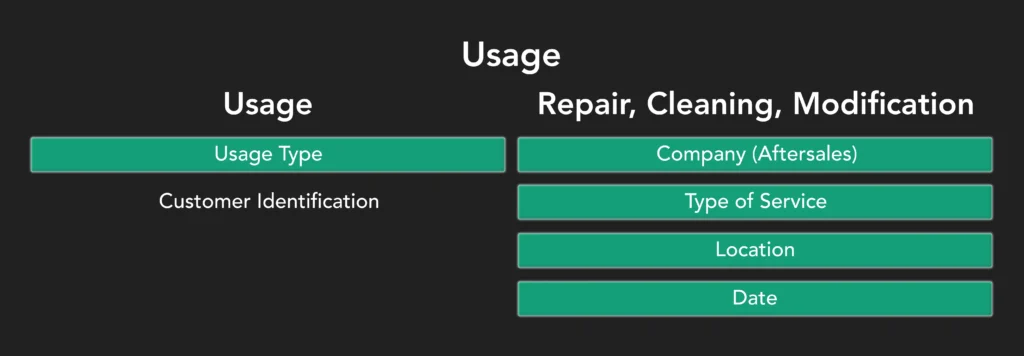
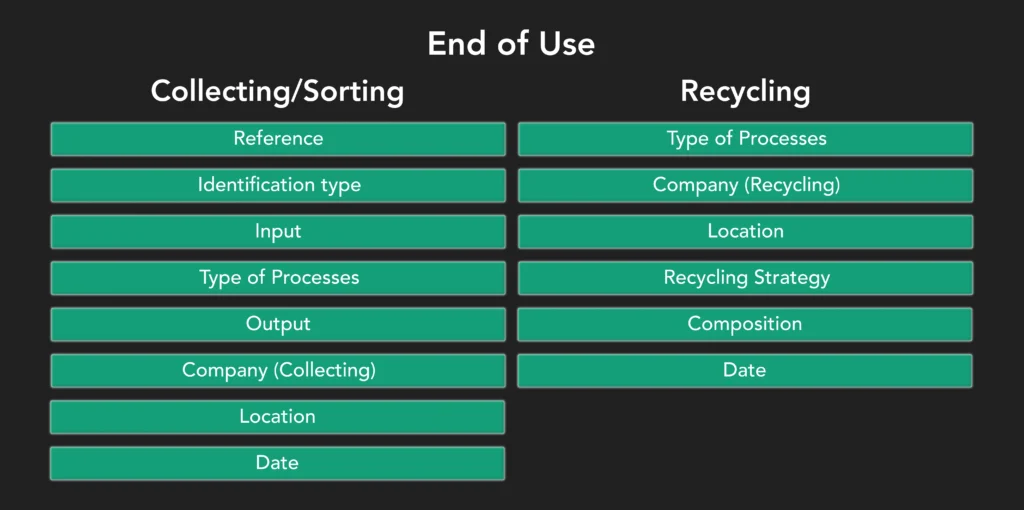
Key Challenges
Data collection and Accuracy
- Gathering and maintaining accurate data across complex global supply chains
- Issues of data privacy and ownership
Interoperability
- Ensuring that different systems (e.g., blockchain platforms) and formats can communicate effectively
Costs and Infrastructure
- Initial investment in technology and data management
- Cost vs. long-term benefits for businesses
Stakeholder Coordination
- Aligning multiple stakeholders (manufacturers, suppliers, regulators, consumers) across the product lifecycle

Automate your Digital Product Passport (DPP)
Bombiix reduces your DPP workload and gives you compliance confidence.

Automate DPP creation
For the same amount of money it costs to hire an entry-level employee for manual DPP creation, Bombiix automates the entire process for you and acts as a digital assistant for your entire team.
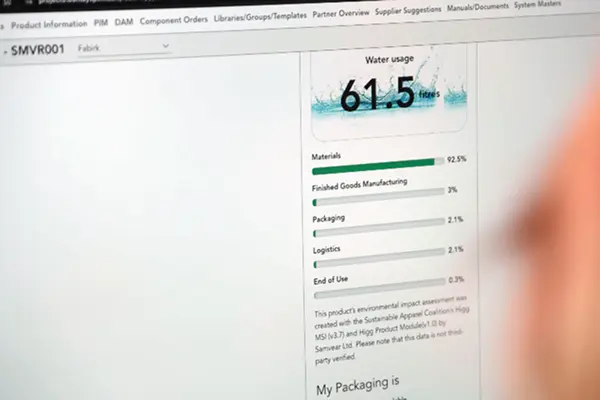
Position yourself as a DPP leader
Bombiix offers a forward-thinking DPP that is flying the flag for sustainability, transparency and the circular economy.

Reduce software spend
With Bombiix, your cost for DPP creation, PLM, PIM and DAM is rolled into one, fixed price. There’s no need for multiple, expensive and complex systems.
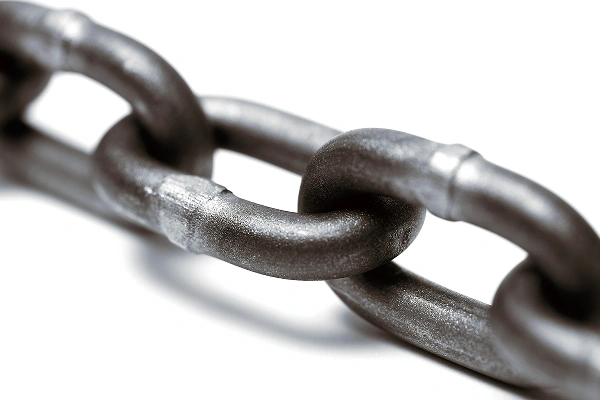
Unify your entire supply chain
Bombiix connects your entire supply chain, crystal clear clarity and collaboration between all your key stakeholders.

Automate DPP creation
For the same amount of money it costs to hire an entry-level employee for manual DPP creation, Bombiix automates the entire process for you and acts as a digital assistant for your entire team.

Position yourself as a DPP leader
Bombiix offers a forward-thinking DPP that is flying the flag for sustainability, transparency and the circular economy.

Reduce software spend
With Bombiix, your cost for DPP creation, PLM, PIM and DAM is rolled into one, fixed price. There’s no need for multiple, expensive and complex systems.

Unify your entire supply chain
Bombiix connects your entire supply chain, crystal clear clarity and collaboration between all your key stakeholders.
Loved by product people, trusted by..











Try our DPP software
For the same amount of money it costs to hire an entry-level employee for manual DPP creation, Bombiix automates the entire process for you and acts as a digital assistant for your entire team.
DPP FAQs
Below, we answer some of the most often asked questions about Digital Product Passports
Why are Digital Product Passports (DPP) important for sustainability?
DPPs help businesses and consumers make more sustainable choices by providing detailed information about a product’s materials, lifecycle, and environmental impact. Product passports champion transparency and support recycling, reuse, and responsible consumption.
How do Digital Product Passports support circular economy practices?
Circular economy practices are supported by DPPs as they track a product’s entire lifecycle, from raw materials to manufacturing, use and end-of-life processes. With this information, businesses can manage resources more effectively and promote the reuse, recycling and refurbishment of products, helping to reduce waste.
What kind of information is stored in a Digital Product Passport?
DPPs store data like the product’s origin, materials, manufacturing processes, certifications, repair instructions and recycling guidelines. They may also include details about warranties, maintenance records and compliance with environmental regulations.
How do DPPs help consumers make informed purchasing decisions?
Providing insights into a product’s environmental footprint, origin and quality standards, DPPs allow consumers to make informed decisions about what they buy, such as supporting ethical sourcing or reducing carbon emissions.
What role do DPPs play in supply chain transparency?
Product passports play a key role in supply chain transparency, offering a digital record of a product’s journey through the supply chain. This transparency helps build trust between brands and their customers.
How can Digital Product Passports help with product recalls?
DPPs make it easier to trace and identify products that need to be recalled. By having detailed information on production batches and materials, brands can act quickly and accurately to notify customers and address safety concerns.
Are Digital Product Passports required by any regulations or standards?
In some regions, particularly the European Union, DPPs are becoming increasingly important for meeting regulations related to sustainability and product traceability. For example, from 2027 DPPs will be mandatory for textiles, fashion, batteries and toys.
What industries are leading in the adoption of Digital Product Passports?
Industries like electronics, automotive, fashion and consumer goods are early adopters, driven by the need for transparency and sustainability. Sectors that deal with complex supply chains and high environmental impact are especially invested in DPP adoption.
How do DPPs interact with technologies like blockchain for data integrity?
Blockchain can provide a secure and immutable record for DPP data, ensuring that information is accurate and cannot be tampered with. This is especially useful for verifying the authenticity of information regarding product origin, materials and certifications.